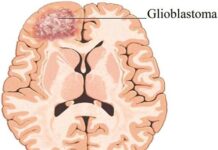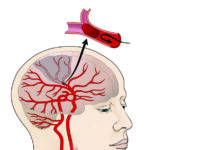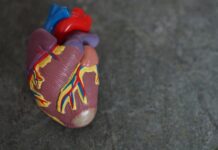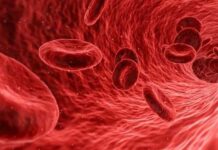Standard treatments for mental illnesses act slowly in the body and are known to cause side effects. In search of better solutions, a researcher has joined a renaissance of research on a long-banned class of drugs that could combat several forms of mental illness and, in mice, have achieved long-lasting results from just one dose.
Chang Lu from the Fred W. Bull Professor of Chemical Engineering, in collaboration with Virginia Commonwealth University researchers have been studying the epigenomic effects of psychedelics.
Researchers can do human clinical trials with the substances, taking blood and urine samples and observing behaviours, Lu said. “But the thing is, the behavioural data will tell you the result, but it doesn’t tell you why it works in a certain way,” he added.
Their findings give insights into how psychedelic substances like psilocybin, mescaline, LSD, and similar drugs may relieve symptoms of addiction, anxiety, depression, and post-traumatic stress disorder. The drugs appear to work faster and last longer than current medications — all with fewer side effects.
The project hinged on Lu’s genomic analysis. His process allows researchers to use very small samples of tissue, down to hundreds to thousands of cells, and draw meaningful conclusions from them. Older processes require much larger sample sizes, so Lu’s approach enables the studies using just a small quantity of material from a specific region of a mouse brain.



























